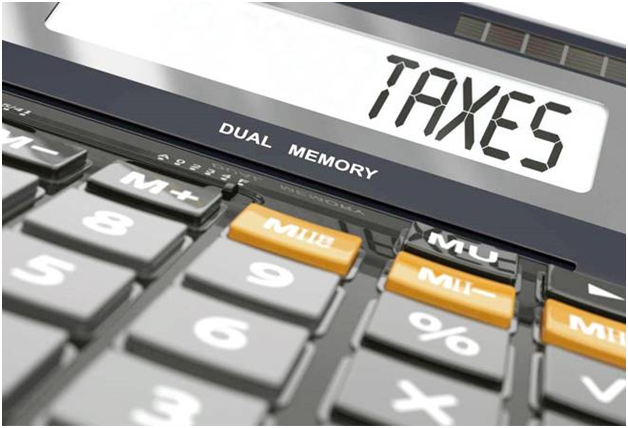Every country has a different taxation process and Hong Kong is no different than others. Similarly, the Hong Kong tax system is different than the tax system in the United States. If you are a citizen of Hong Kong and working outside of Hong Kong i.e. the United States or vice-versa, you must understand the difference between the process of US taxation of Hong Kong income, and keep these detail differences in mind especially when planning and strategizing for tax minimization strategies.
US Taxation of Hong Kong Earned Income
It doesn’t matter whether you are a Hong Kong citizen and relocated to the United States, or a US citizen who has relocated to Hong Kong, there are various IRS tax-related issues an individual (carrying Hong Kong income) will have to access- depending on the type of income they are earning.
Tax on Worldwide Income
The most important aspect of the streamlined process of Hong Kong US tax is that the United States taxes payers based on their earned worldwide income.
So, if you are US citizen and living in Hong Kong for any purpose, you need to aware of the fact that the income you earn abroad is going to be taxed in the United States.
What will be the taxation process if I am a resident of Hong Kong?
In many countries, when a person relocates to the other country, the country does not tax the individual on the income that was earned or generated beyond its borders, simply because they are categorized under non-resident individuals.
Although, the United States applied its tax rules on US citizen status, which includes only the below-three situation-
- S. citizens or aliens
- Legal permanent residents
- Non-citizen individuals who meet the substantial presence test
Eligibility for foreign earned income
If you are US citizen but residing overseas you may become eligible for the Foreign Earned Income Exclusion (FEIE), by filing the IRS Form 2555.
Once you get qualified under the exclusion category of foreign earned income, then a certain figure will be exempted from US taxation. In simple terms, if you work overseas in Hong Kong and comes under the FEIE requirements, then you would not owe any tax to the United States for a certain amount (amount fluctuate every year) – even if it was tax-free in Hong Kong.
Noted that, in case you already pay tax in Hong Kong without claiming under FEIE exclusions, you won’t get the credit back from the United States.
Apart from this, you may also receive a foreign housing exclusion only for the amount that you have spent on housing in Hong Kong. Thus, when you live abroad it is best to keep tracking your expenses with receipts for housing.
Tax-Free Income Provisions in Hong Kong and the United States
Unlike the United States, many countries have provisions for tax-free income on certain items such as interest, capital gains or dividends. Whereas the United States offer some tax exemption interest at the state level.
However, the United States does not cover the tax-free status. Therefore, if you earned income on interest or dividends, you may require paying tax on that amount in the United States.
This is how Hong Kong and US favorable tax structures become an attractive place for foreigners to deposit their place as well as a hub for entrepreneurs to invest.
